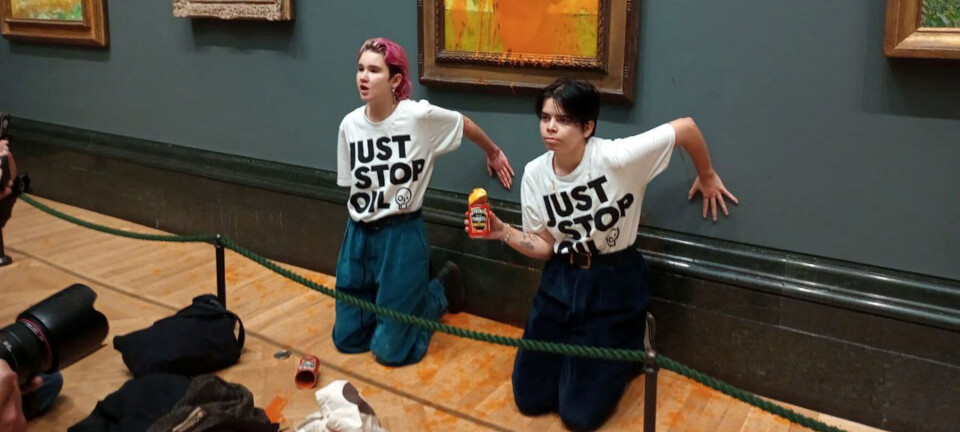Climate scepticism isn’t really about the climate, says researcher
"When you really listen to people, you realise there’s often a lot behind their criticism," says Marthe Elden Wilhelmsen.
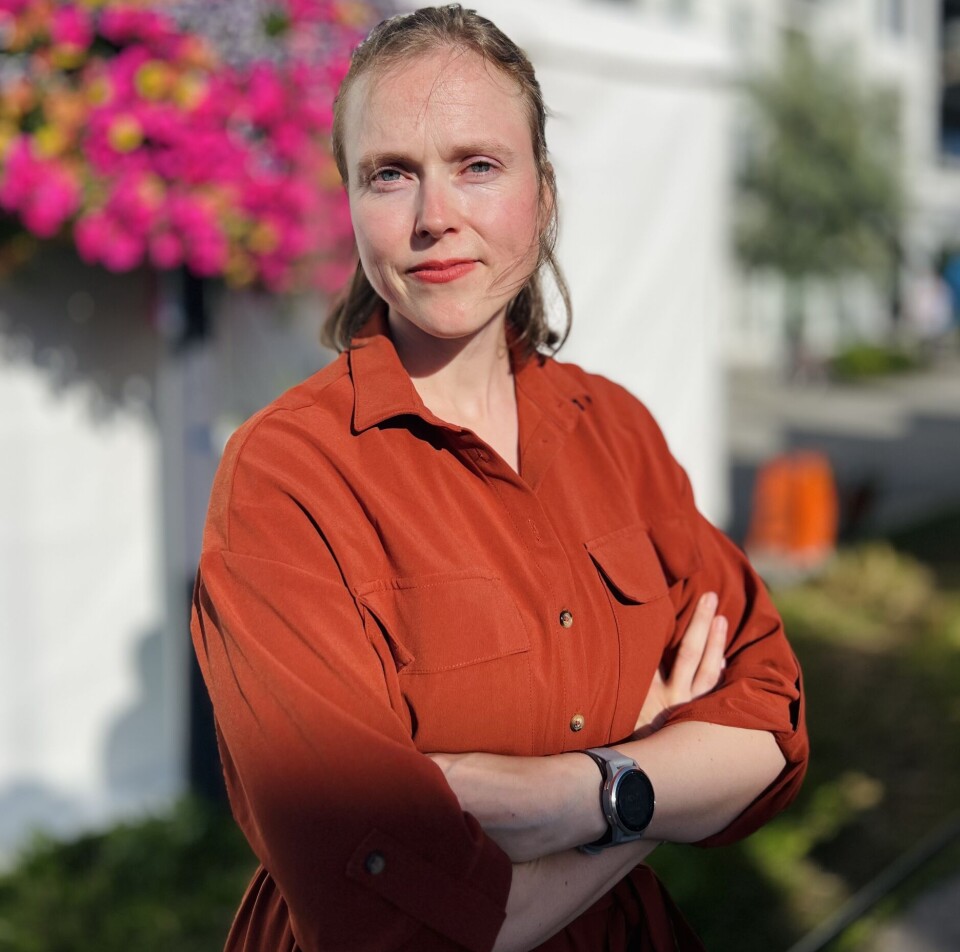
There are people who don't quite believe in climate research.
They're called climate sceptics – and researcher Marthe Elden Wilhelmsen has spent years trying to understand where this scepticism comes from.
"It's not really about the climate," she says.
From road tolls to climate scepticism
Wilhelmsen got the idea after large demonstrations in 2019. People took to the streets to protest against more road tolls in Norway.
Some thought road tolls were great. The Green Party argued people would drive less, which is good for the environment.
Others disagreed. 'Road tolls aren't an environmental measure,' said an op-ed in Norwegian newspaper VG.
"Norwegians aren't known for demonstrating," says Wilhelmsen.
That made her wonder: What was it about road tolls that made people so angry?
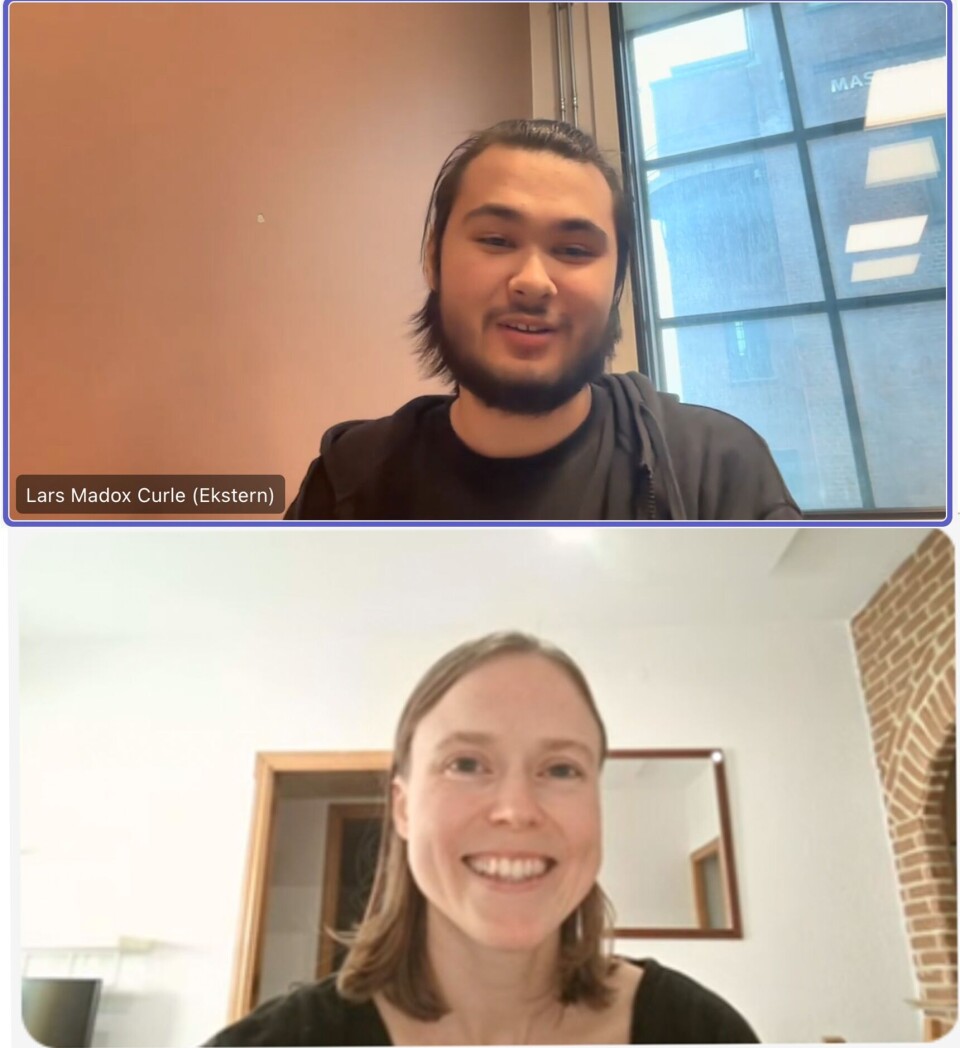
Followed five people
Wilhelmsen suspected the anger over road tolls was just the tip of the iceberg.
Maybe it was about people feeling that politicians and experts were making decisions for them, or looking down on ordinary citizens.
To understand more, she followed several climate sceptics over time to learn how they thought and lived.
"I talked to people again and again for years, met their families and even had lunch with them at work. I wanted to understand how they talked about climate issues," she says.
Her research focused on five main individuals, but she’s spoken with over 50 people in total.
Think it's unfair
"What does climate scepticism really mean?"
"Climate scepticism often involves not fully believing in climate research or climate scientists," says Wilhelmsen.
"What is it they don't believe in?"
"Some believe researchers are paid to produce certain results, or that the UN uses climate research to gain more power," she says.
Most viewed
Others think climate policies don't actually help – or that they're unfair, like with the road tolls.
Feels like an attack
Some get angry when politicians say people should fly less or eat less meat.
"They perceive it as criticism of who they are," says Wilhelmsen.
Suddenly someone tells you to stop cooking the dishes you’ve always loved, or that oil rig workers should find another job.
It can feel like a personal attack.
"That's why climate issues so easily become tied to identity, to who we feel we are," she says.
Wilhelmsen adds that many sceptics also feel alone in their opinions.
"Several have said they don't dare talk openly about climate at work because they're afraid of being laughed at or called stupid," she says.
Say one thing, but do another
Some view politicians and climate activists as hypocrites.
Just think of politicians who talk about cutting emissions but take private jets to climate conferences.
Or people who promote climate-friendly food but fly to Spain the very next day.
An important criticism
Wilhelmsen says that some climate sceptics believe in conspiracies.
For instance, some think the UN’s climate panel invents information about climate change, or that money from climate taxes ends up in the pockets of politicians and researchers.
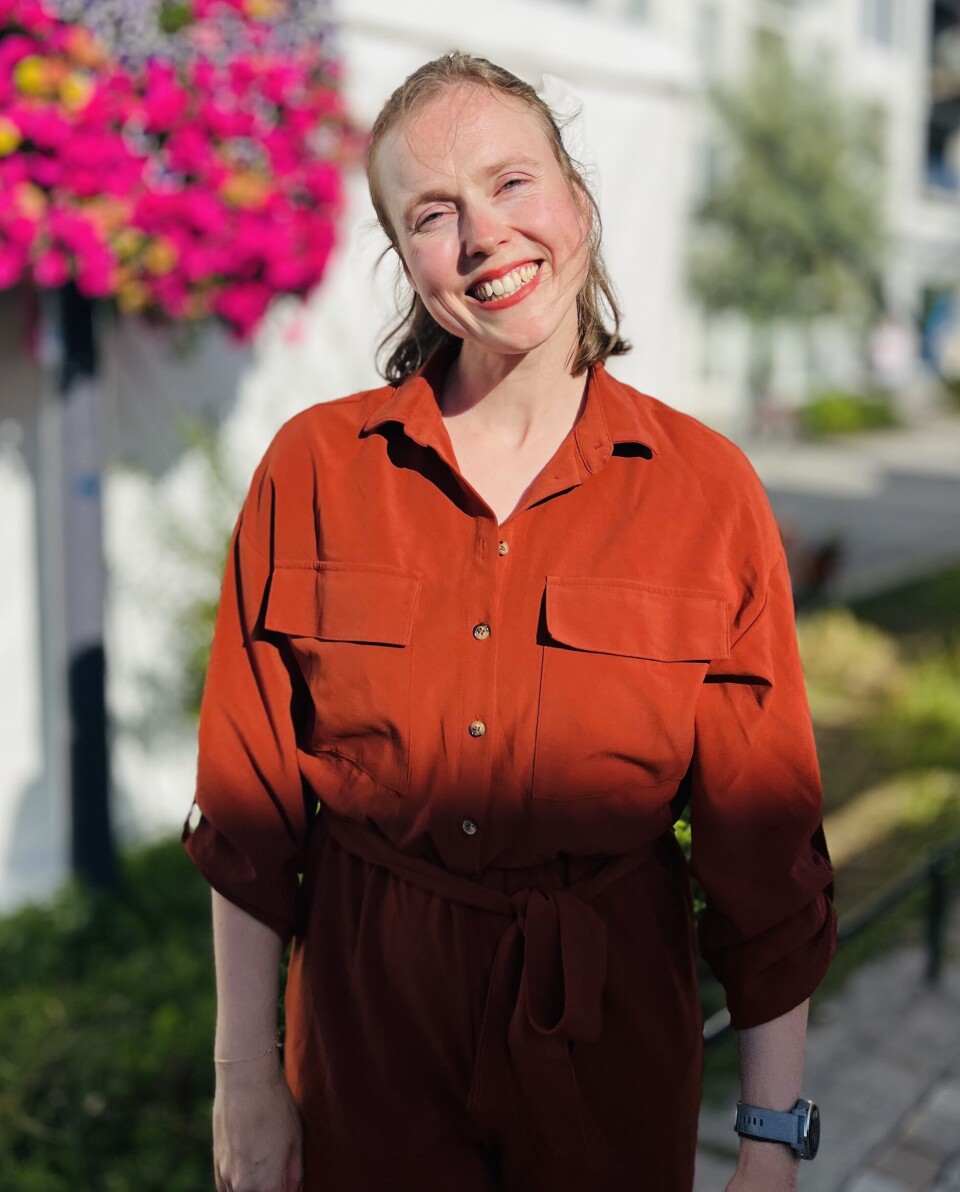
There's no evidence for these claims. Still, Wilhelmsen believes it's important to listen to what these people have to say.
"Because when you really listen to them, you realise there's often a lot behind their criticism. Criticism that's also completely understandable," she says.
Science Norway has written about carbon footprints before. The idea was to make you and me feel responsible for our emissions.
But that idea came from an oil company that wanted people to focus on their own emissions rather than the company's. That kind of thing can make people lose trust in climate policies.
We need to be able to tolerate disagreement
Wilhelmsen believes things could improve if we became better at tolerating disagreement.
"We tend to surround ourselves with people who agree with us, so we're not used to being challenged," she explains.
The same thing happens on social media, where algorithms mostly show us what we already like and believe.
"It almost makes us think that people who disagree with us are terrible," she says.
But disagreement can lead to valuable and necessary conversations. Wilhelmsen believes it's important to be able to disagree with each other. She also offers advice for young people who encounter someone who doesn't believe in climate change:
"Don't try to win the argument. Try instead to understand what the other person really means," she says.
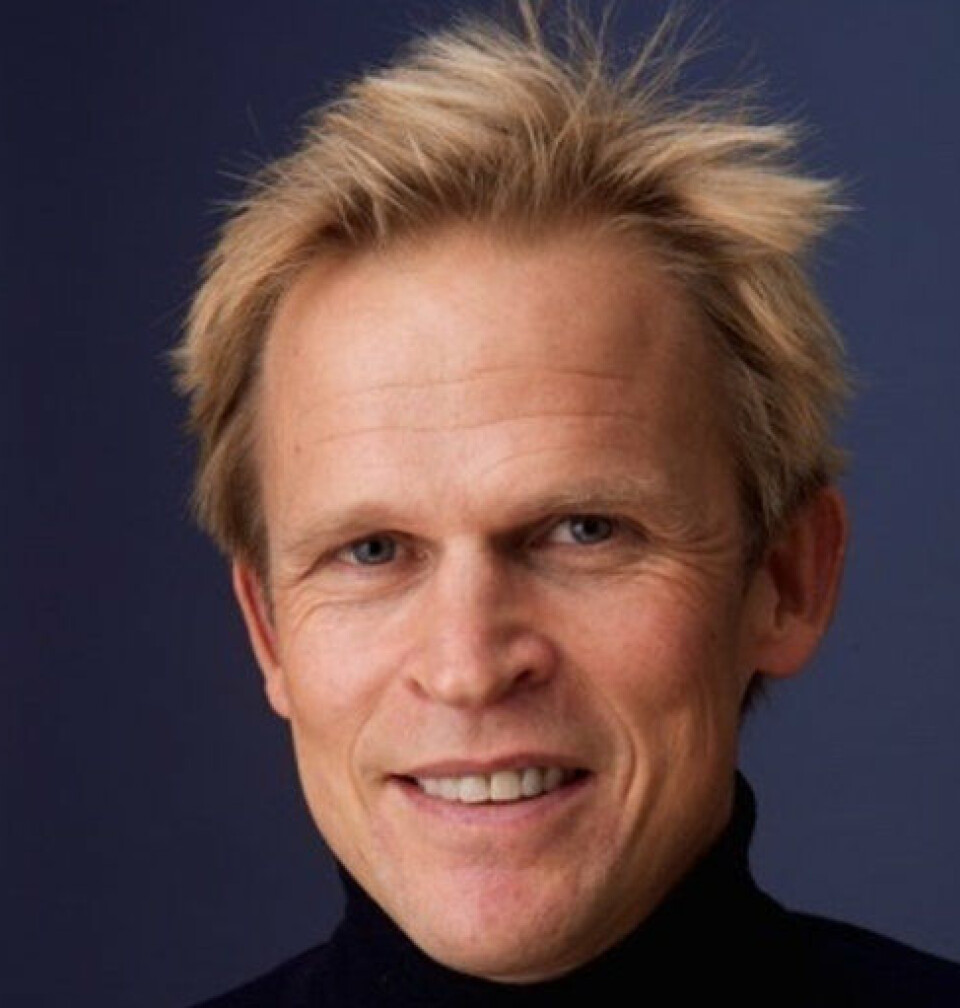
Maybe it's not about the climate at all, but about trust, identity, or politics.
Listening is key
Wilhelmsen says the most important thing she's learned as a researcher is how much you can uncover simply by listening.
"If I hadn't taken the time and approached this as a researcher, I never would have learned all this. We need to listen to each other. Not to agree, but to understand," she says.
Knut Ivar Karevold is a climate psychologist. He says that many of Wilhelmsen's findings match what he sees in his own work.
"Many climate sceptics don't fully trust researchers or politicians," he says.
Some believe there are hidden agendas behind climate research.
Others are afraid to say what they think because they don't want to be laughed at. The key is to talk to each other and really listen.
"It's important to understand why people react differently to the climate problem, so we can find good solutions together," he says.
———
Translated by Alette Bjordal Gjellesvik
Read the Norwegian version of this article on ung.forskning.no
Related content:

Subscribe to our newsletter
The latest news from Science Norway, sent twice a week and completely free.














